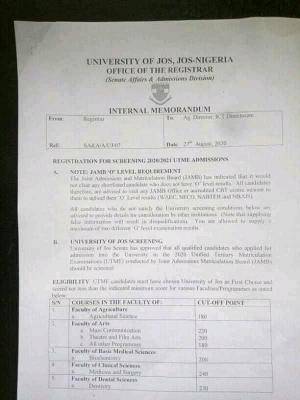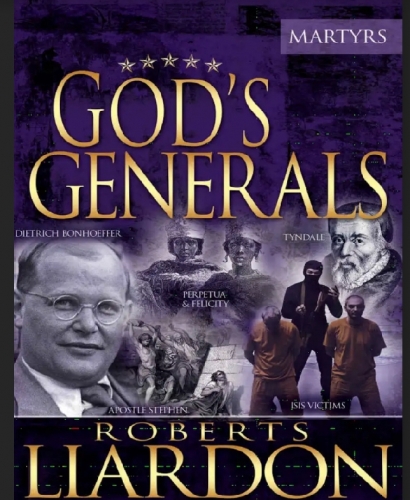profile/8353Screenshot_20200331-094903_1587577731019_1587577751346.png
OluwatoyinboTV12

Quantifies
~2.8 mins read
Adjective
An adjective is a word that qualifies a noun. Without belabouring the subject matter, let’s look at some complex aspects of the adjectives especially ones tested in examinations.
Adjective of Quantity
Adjective of Quantity shows the amount of nouns without the exact number. These adjectives help to show the amount or the estimated amount of the noun unlike the adjective of number that is very specific. Examples are: little, a little, few, a few, many, much, some, enough, plenty, whole, all etc. Our focus in this section is on the first six adjectives in the examples.
Little and A Little
Little and a little are quantifiers used for uncountable nouns like water, sand, air, information, advice, bread, milk etc.
Little denotes a very small amount of the noun. It means the amount is so small that it is not enough.
A little is used to refer to an amount of the noun though small but considerably enough.
Few and A Few
Few and a few are adjectives of quantity used for countable nouns like book, game, child, star, father etc.
Few is used to quantify the plural countable noun. It refers to a very small number of something. It denotes inadequacy just like little.
A Few is used for plural countable nouns and it refers to a small number but not in the negative. It conveys a sense of considerable adequacy.
Summarily, a little and little are used for the uncountable noun. While little denotes inadequacy, a little show adequacy. Same goes for a few and few safe the fact that they are used for the plural countable noun. To aid your memory, let the ‘a’ in front of a little and a few stand for ‘adequacy’. So, anytime you need to express an amount or a number of something that is small yet considerably enough or adequate, put ‘a’ before you little or few. However, if the amount or number is not enough, then, remove ‘a’. I hope this helps you.
Many and Much
Many is used with the plural countable noun and Much is used with the uncountable noun. The comparative and superlative adjectives of both are more and most respectively.
Examples
Many of the musicians don’t write their songs.
Ronaldo will surely score many goals this season.
Many Facebook users are below forty years.
How much salt will you need?
He does have much money.
The family had so much fun with the music stars.
We saw many animals in the park.
profile/8353Screenshot_20200331-094903_1587577731019_1587577751346.png
OluwatoyinboTV12

UNIJOS Post-UTME/DE 2020: Cut-off Marks, Eligibility And Registration Details
~5.0 mins read

a. Agricultural Science
a. Mass Communication
b. Theater and Film Art
c. All Programmes
200
180
a. Biochemistry
a. Medicine and Surgery
a. Dentistry
a. All Programmes
a. Civil Engineering
b. Electrical Electronics Engineering
c. Mechanical Engineering
d. Mining Engineering
200
200
180
a. Architecture
b. All other Programmes
180
a. Nursing Sciences
b. Medical Laboratory Science
220
a. Law
a. Accounting
b. Business Administration
c. All other Programmes
220
180
a. Computer Science
b. Microbiology
c. Science Laboratory Technology
b. All other Programmes
200
200
180
a. Pharmacy
a. Psychology
b. Economics
c. Criminology
d. All other Programmes
200
220
180
a. Veterinary Medicine
Advertisement

Link socials
Matches
Loading...
